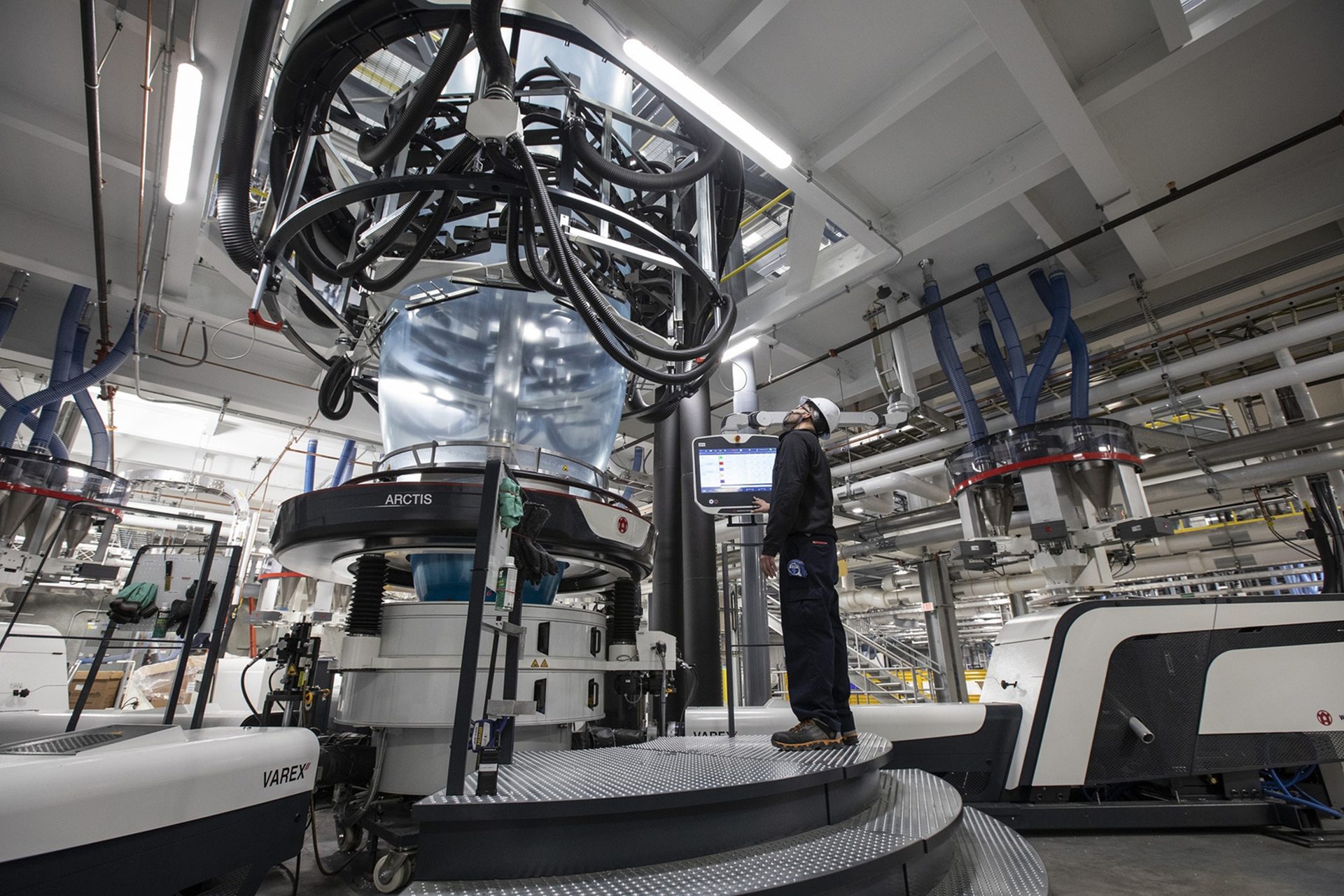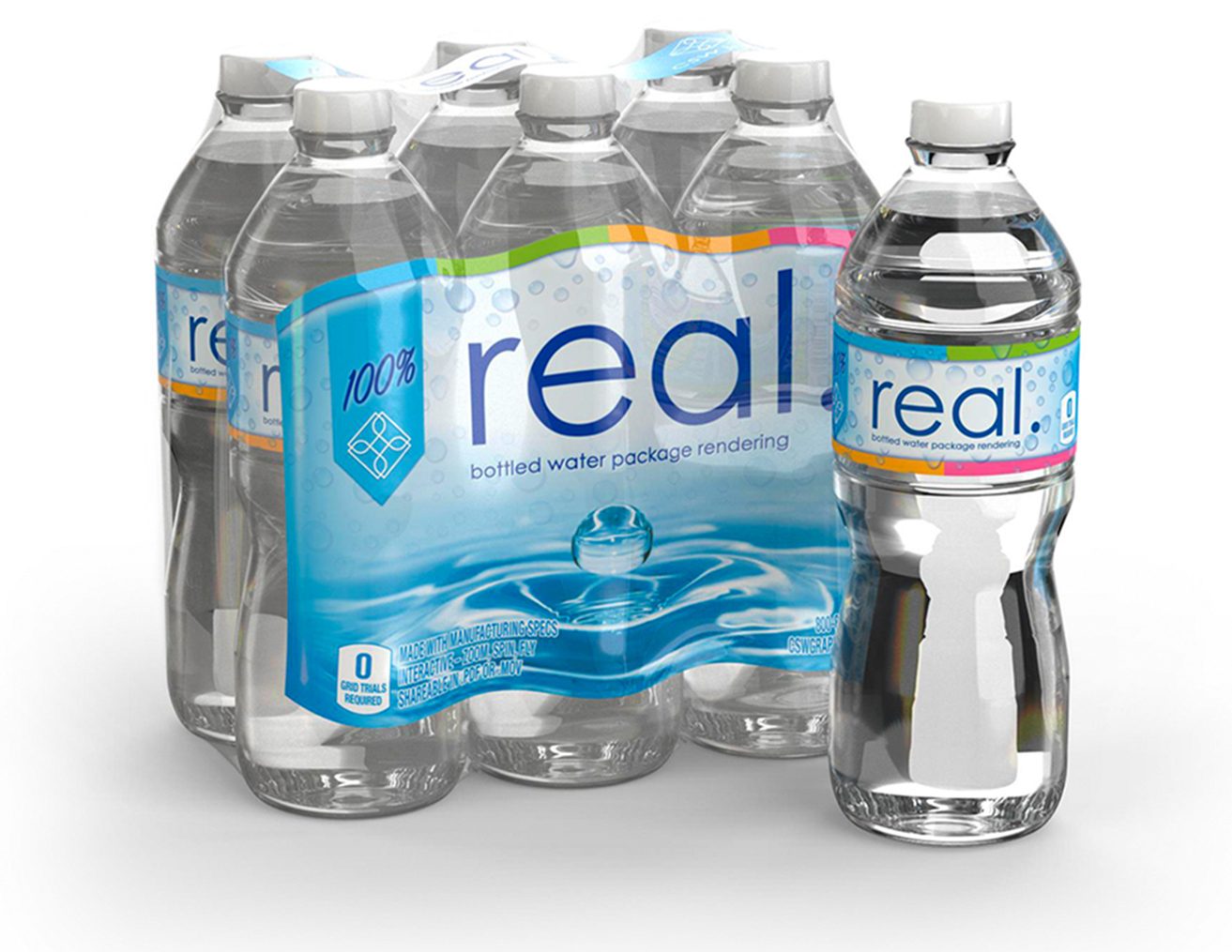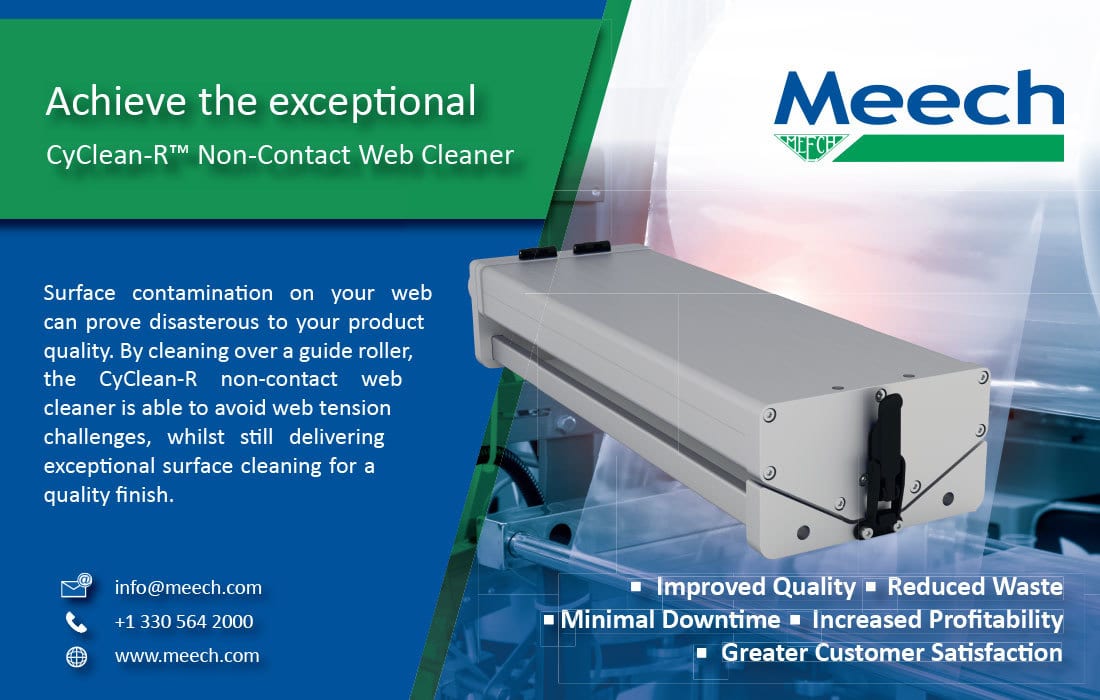
INDUSTRY TRENDS
New Recycling Plant for Flexible Packaging Materials Emerges and a New Acquisition by Hybrid Software
Market activity remains hot as Hybrid Software acquires software technology to accelerate packaging design and a new recycling facility for flexible packaging materials aims to be operational by 2023 in Minnesota.
By Grant Gerke
One silver lining from the 2020 pandemic was how resilient businesses and workers became and how new forms of technology were adopted to keep operations running. For example, online conference calls allowed for business continuity, and now companies have adopted these hybrid approaches to business, including brands and printers.
One company with its eyes on business agility and speed-to-market for its customers is Belgium-based Hybrid Software. The company just recently acquired the assets related to iC3D from Creative Edge Software, LLC. The iC3D software suite allows brand owners and consumer packaged goods (CPG) companies to create photorealistic, 3D virtual mock-ups for cartons, labels, flexible packaging, bottles, shrink sleeves, in-store visualization and e-commerce applications. The software also features modeling templates for digital packaging design and prototyping; as well as an online viewing platform that allows for designers, brands and printer providers to collaborate in real-time.
“The acquisition of iC3D strengthens our 3D offering and closes the loop between the design of high-end labels and packaging, and industrial print manufacturing,” says Mike Rottenborn, CEO of Hybrid Software Group. “We already have an integration of iC3D in our PACKZ and CLOUDFLOW software with a substantial installed base of users that have licensed the iC3D option, and we look forward to broader integration of iC3D in our Digital Front Ends (DFEs) and other software products.”
ADVERTISEMENT
Creative Edge and Hybrid Software have been partnering since 2013, but this acquisition allows Hybrid to drive this software deeper into its core products, PACKZ and CLOUDFLOW software, both pre-press technologies. PACKZ is a pdf editor for labels and packaging while Cloudflow is a modular production workflow for printers and converters. The cost of the acquisition was $4 million.
Mechanical Recycling Plans for Larger Volumes
Last month, our Flexible Packaging Industry Trends column reported on how scaling is front and center for mechanical and advanced recycling companies, including Republic Services integrated approach out West. Now, a flexible packaging coalition of stakeholders, called MBOLD, located in Minnesota, announced a new initiative to expand film recycling infrastructure in the upper Midwest. With funding from MBOLD members, Myplas USA will create a low- and high-density polyethylene (LDPE and HDPE) 170,000-sq-ft. recycling facility in Rogers, Minn., and employ approximately 300 people.
The mechanical recycling plant is due to begin operations in spring 2023 and will be able to recycle nearly 90 million lbs of HDPE and LDPE when fully operational.
MBOLD members include General Mills, Schwan’s Company, Target, Ecolab, Cargill, Land O’Lakes and the University of Minnesota, including film recycler Myplas USA and Charter Next Generation. Charter Next Generation is a familiar player in the move toward more polyethylene applications in the flexible segment, as demonstrated with its Kellogg’s Cocoa Krispies 100% polyethylene flexible pouch that appeared in WalMart stores in 2021.

With funding from MBOLD members, Myplas USA will build a low- and high-density polyethylene (LDPE and HDPE) 170,000-sq-ft recycling facility in Rogers, Minn., with a focus on flexible films.
Courtesy of Charter Next Generation
The total investment for this recycling plant includes $9.2 million for the Myplas USA facility by lead investors General Mills, Schwan’s Company and Charter Next Generation.
Charter Next Generation will purchase recycled resin from Myplas for use in a variety of food, industrial and healthcare film products. Cargill, General Mills, Schwan’s Company, Land O’Lakes and the University of Minnesota will evaluate potential product applications using recycled resin with Charter Next Generation.
“Our partners’ commitment, investment and innovative thinking, paired with Myplas’ technical expertise, will be transformative for the entire region. We can’t wait to get started,” says Andrew Pieterse, Myplas USA CEO. The Alliance to End Plastic Waste and Closed Loop Partners are each providing multi-million dollar debt financing to Myplas USA to support development of its new Minnesota recycling facility.
Compared to virgin plastics, studies from the Association of Plastic Recyclers shows that the use of recycled PE resin offers significant lifecycle benefits, including a 65% reduction in total energy used, 59% reduction in water consumption and 71% reduction in global warming potential.

Creative Edge and Hybrid Software have been partnering since 2013, but this acquisition allows Hybrid to drive this software deeper into its core products, PACKZ and CLOUDFLOW software.
Courtesy of Hybrid Software
Smithers Reports on PCR and the Flexographic Market
Smithers, a market-research company based in Akron, Ohio, released two new reports that affect packaging producers, CPGs and converters. The first one is “The Future of Flexographic Printing Markets to 2027,” and it reveals sluggish growth of 0.6% compound annual growth rates (CAGR) for North America, as it faces competition from higher-productivity inkjet presses.
However, Smithers research (via a Flexography Technical Association article) shows the flexographic market will benefit from continuing growth in demand for packaging print and labels as an increasingly cost-competitive alternative to gravure and offset lithography. Other highlights include “effective integration of electron beam (EB) curing stations and inks especially suited for high-speed flexographic print on newly popular mono-material flexible packaging substrates, becoming a critical focus on ongoing R&D work.”
More research from Smithers includes “The Future of PCR Packaging to 2026,” which was released in May 2022 and examines post-consumer recycled (PCR) content volume in packaging, suitability for reuse and its cost implications compared to virgin feedstock.
Insights include demand for in-transit packaging and other consumer segments will fall below the market mean, and emerging markets for PE, PCR and polypropylene (PP) will expand as current barriers are overcome. The report also points to a need for greater investment in collection, sorting and recovery infrastructure as well as more easier-to-recycle packaging designs.
The Smithers PCR report is based on primary and secondary research, with the primary research consisting of interviews with material suppliers, converters and experts from key markets. Smithers relied on extensive literature analysis of published data, official governmental statistics, domestic and international trade organizational data, company websites and more with its secondary research.
Video by Sitti_ / Creatas Video via Getty Images
July 2022 // flexpackmag.com
